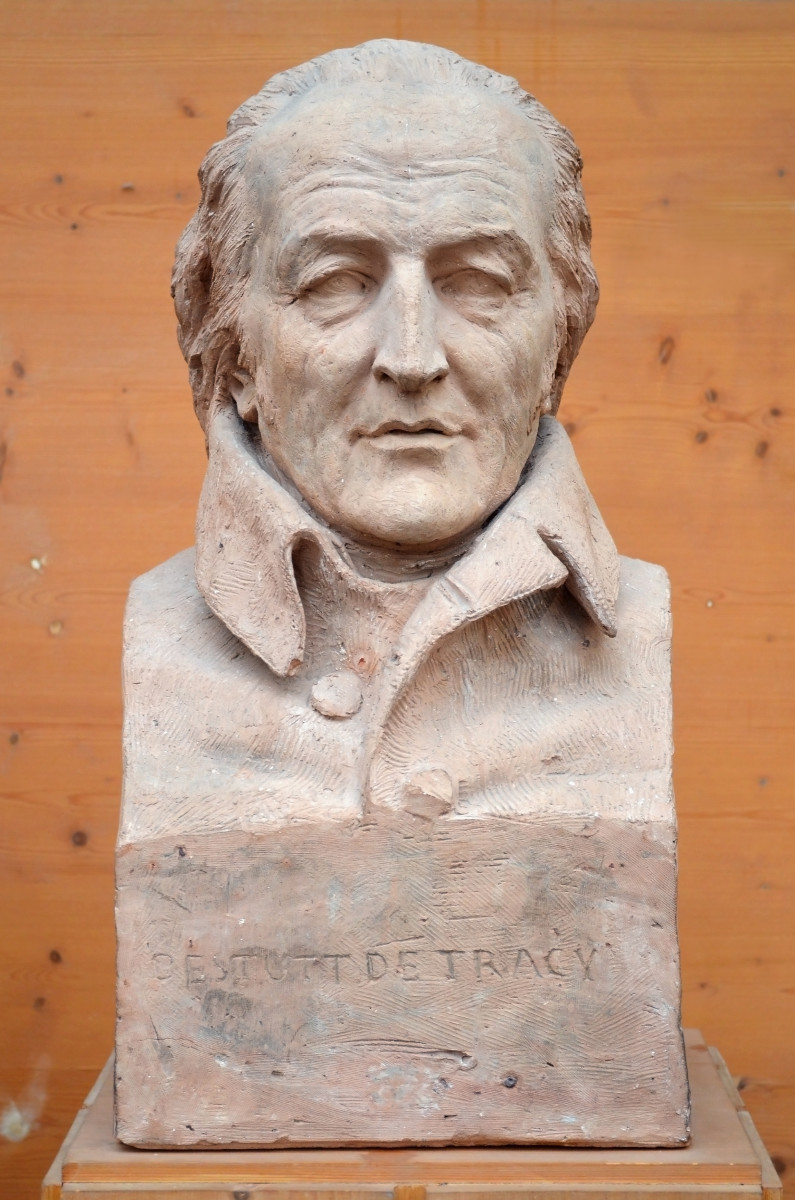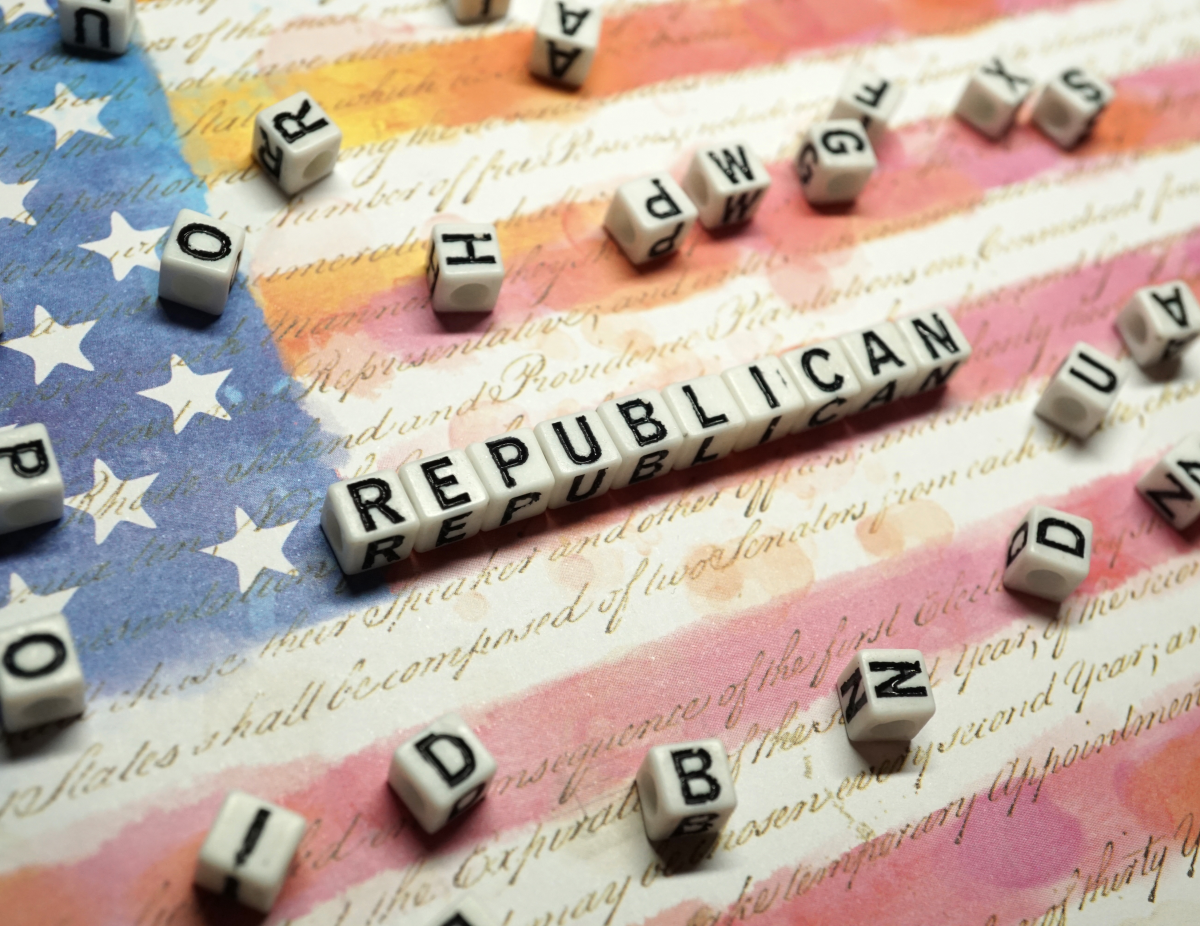Turn Right or Turn Left: A Simplistic Overview of What Drives Conservatives and Progressives
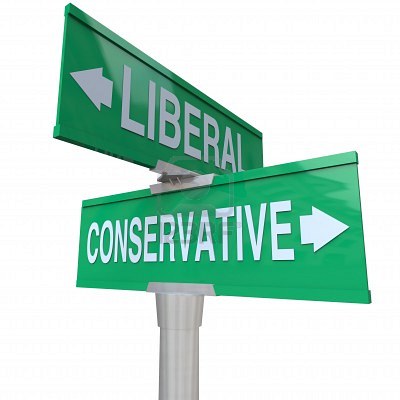
Two months ago I was at my cousin’s birthday party. It was being held at a golf club and to be perfectly honest, I felt a little out of place. Not that I think of myself as low class mind you, but many of the people my cousin rolled with were lawyers, bankers, and politicians. Don’t get me wrong, he’s not the sketchy type, but talking with some of these people was an education in the conservative mindset.
You see one of the guests was a college student who was a liberal, and he got into a passionate ‘discussion’ at the table we were sitting at with a conservative professor, debating the merits of socialism versus capitalism. Over the course of the evening, another one of guests was talking to me about how I wanted to move out of state and he recommended Texas. He said all I had to do was buy a house down there and people would pretty much leave me alone. Between this and the spirited table talk, it opened my eyes into the national feud so deeply seeded in this country.
"Classically speaking, conservatism anywhere in the world is always associated with social values, faith in the status quo, and resistant to change."
What’s Mine is Mine
Leaving the details and numbers aside, conservatism is generally thought of in two ways: a hands off approach to business and peoples’ money, and traditional values like family, hard work, and earning what you keep. Many of them also think of them
selves as more robust emotionally and accepting that life is not fair but be able to deal with it, without accepting handouts. They also seem to have more faith in social institutions of law and capitalism and that their justice is self-sustaining if given the chance. I have found over the course of many debates with conservatives that underneath all the numbers and political posturing, the soul was always these fundamental factors. And they are also the key lenses through how they see progressives.
There is a historical basis for conservative viewpoints. Classically speaking, conservatism anywhere in the world is always associated with social values, faith in the status quo, and resistant to change. The glue that holds them together has varied over time, from religion to nationalism. Yet there is always a defensive, wagon-wheel circle mentality to them that seems to be a common denominator between them all, introverted and provincial.
Change is seen as a chaotic force that disrupted that order and was very intrusive into the personal state of affairs. It leans into idea that humans are creatures of comfort. The idea of change undermines that comfort and security. Politically, conservatism has also been the main vehicle of authoritarian leaders and dictatorships because of their promise to not only uphold and defend peoples’ security and prosperity, but to also extended it as well. Mind you this was propaganda and the true reason was almost always for personal gain and control, but the conservative ideology made for an effective shroud to hide behind.

In America, the belief that you keep what you make, goes back to the first Europeans who came here. Religious refugees, they wanted to be left to practice their beliefs as they saw fit and away from the corruption they saw happening in Europe with religion and government. From the get-go, there was a distrust of higher institutions, believed to be corruptible and lacking humility. As time progressed though, the new comers found that they had to form such institutions to survive and prosper.
The American Revolution was fought ideally because colonists wanted to be left alone without being obligated to a distant king to support with their hard earned money. Since then, there has always been a struggle between the need for systems managing a functional nation and a laissez-faire, hands off approach to personal gain and lifestyle.
In spite of this, the country’s great space and continuing wars with the Native-Americans provided a powerful distraction from those issues up until the Civil War. Afterwards, particularity during the Industrial Revolution at the end of the 19th century, America’s maverick streak and desire to prosper reached its peak with the rise of big business and the monopolies they controlled over resources and banks. You could argue it was conservatism’s ultimate manifestation.
Mostly unchallenged, they were allowed to do whatever they wanted, however they wanted to do it, as long as America’s manifest destiny was fulfilled. This included child labor and abusing workers’ hours and wages to the point of poverty and death. When these became excessive and more violent, the government was forced to step in, somewhat bringing an end to the absolute laissez-faire approach and putting the proverbial leash on American’s independence.
Despite this, the myth still remained of if you work hard, you can be successful and that success is yours. No hand outs. No excuses if you didn't make it. This was not dependent on your class or the region that you came from. It was all on you and this created the powerful, American work ethic we are known for.
But its also where it clashes with their left-wing kin.
We the People
Progressives unsurprisingly see themselves differently, even though they don’t always line up with each other. Like their counter-parts, they also believe in independence, but that it must be regulated because of what unchecked independence has done to other groups in this country. While the myth of American success not being dependent on social class was unique, it also only applied to Protestant, White people. Theft of native lands and the near genocide of their people, slavery, misogyny, immigration abuse against any group that was not Anglo-Saxon Protestant are just some examples that scream this exclusion. And this regulation usually applies more to conservative ideas rather than their own.
They believe there is a moral obligation not only by the government, but by all peoples to do the right thing and sacrifice and share their success, because the opposite of that has led to injustice and apathy that is the shame of America. Conservatives they feel, willingly turn a blind-eye to this history, especially where their money and privilege is involved. The common curses I have heard them hurl at right-wing supporters are racists, homophobes, apathetic, and self-centered just to name a few. This hostility has only increased within the past thirty years.
While its easy to associate progressives with the Counter Culture Revolution from the 1960’s, the reality is that progressive Americans go back much further. There have always been those who felt that mistreating the Native Americans and of course, slavery, as part of the national status quo was morally wrong. While those supporters defended such ideas as tradition, they openly challenged.
"The self-sustaining justice that conservatives support has failed too many times to be left alone."
Others human rights abuses came afterwards towards the close of the 19th century, such as women’s suffrage and labor unions. From lone individuals, to abolitionists, politicians, and lobbyists, a voice for change and that some traditional values should not be maintained has also always been a part of the American spirit along with conservatism. While not always as loud, it has almost always fought and competed with it for the nation’s soul. That came to a head during the aforementioned Cultural Revolution, where all the sins that came with America’s greatness were vomited onto the world stage. Since then, despite periods where it enjoyed national popularity, conservatism has never enjoyed its unchecked monopoly since. If a group somewhere felt it was getting the shaft from conservative policies, they were going to make their voices heard.
Today this has now extended to politically correct terminologies and online protests against those they feel are obstacles to improving society. Because of this tainted history, many progressives’ faith in the system is one of skepticism. While they share some values like family, they also believe in the need for change. The self-sustaining justice that conservatives support has failed too many times to be left alone.
Sharing the Load
So bottom line: one side is very introverted and static, while the other is extroverted, wanting society to become more obligated to each other and open to evolving because of America’s tainted past. Seems like a very black and white case, but of course nothing ever is.
There’s a fair amount of hypocrisy and overlap for both sides of the fence to share. Nobody is ever totally one thing. There are no saints on either side, so that many criticisms thrown across the way often hit their mark. Both sides also prefer their own choices to be left alone as well without interference from others. Both sides perceive the other to be elites or supported by elites whether they be millionaires, businessmen, celebrities, or politicians. People are still people and personal bias always is a factor to consider when dealing with such issues, especially when both sides not only have their opinions, but consider those opinions to be infallible, universal truths.
Currently, I believe that the truth of the matter, its true soul, has no side. Both sides have things they cling to until forced to deal with it or change by life circumstance, which overrules them all. Any resolution is going to revolve around whether or not both sides can acknowledge the double-edge reality of their positions, and where they want to go from here. One Republican said to me that he didn’t believe everyone should get along, but that the nation should go in the way he wanted it to go. If that is how both sides feel, getting their own way regardless of the cost, then America is going to be stuck in perpetual cycle of bickering that will inhibit any growth and taint any successes they may have.
A body that is not united going in the same direction but whose parts are trying to go their own separate ways, goes in no direction at all.
© 2018 Jamal Smith



